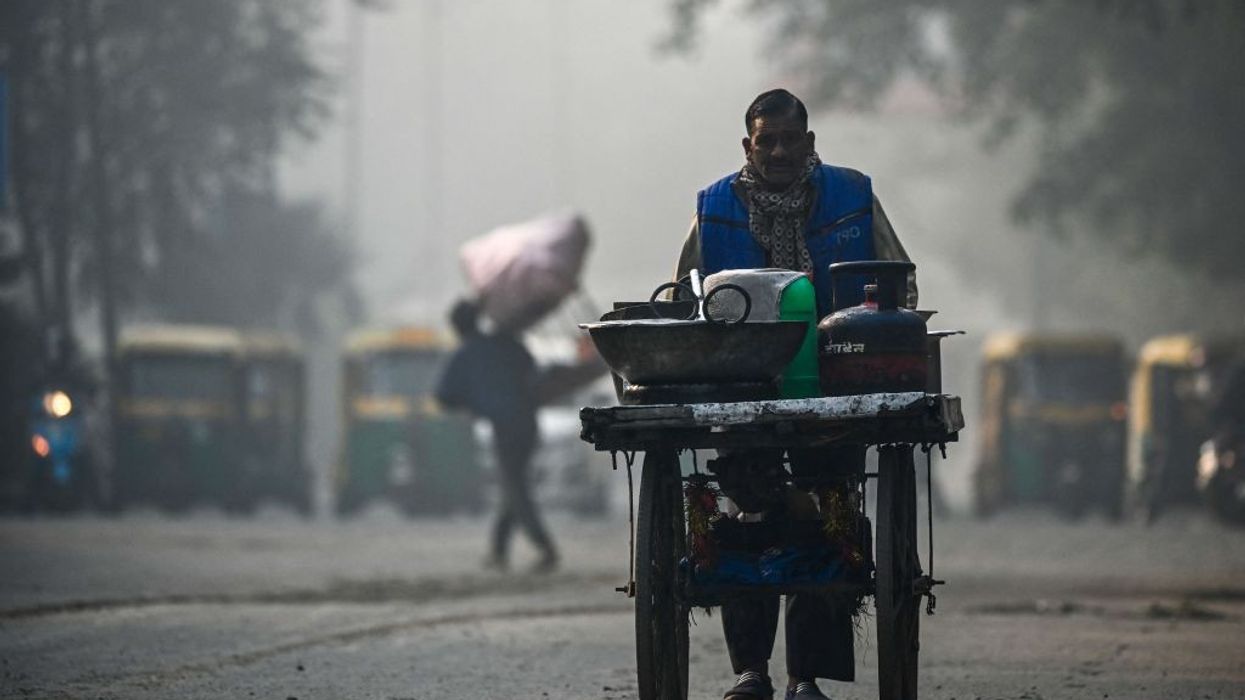A new Lancet study has revealed that pollution led to more than 2.3 million premature deaths in India in 2019.
According to the study, nearly 1.6 million deaths happened due to air pollution alone, and more than 500,000 deaths were caused by water pollution.
The Lancet Commission on pollution and health report blamed pollution for nine million - or about one in six - deaths globally, and India remained among the worst affected, the BBC reported.
It is estimated that bad air kills more than a million people in India every year.
The latest report said that there has been a decline in deaths due to types of pollution associated with extreme poverty such as household air pollution and water pollution. But deaths caused by industrial pollution, ambient air pollution and toxic chemical pollution have increased since 2015.
Globally, air pollution - both ambient and household - was responsible for 6.7 million deaths in 2019. Water pollution was responsible for 1.4 million deaths and lead pollution caused 900,000 premature deaths.
The study found that more than 90 per cent of pollution related deaths occurred in low-income and middle-income countries.
According to the Lancet report, losses due to traditional pollution were around 1 per cent of India's GDP, down from 3.2 per cent in 2020. Economic losses caused by modern forms of pollution - ambient, chemical and lead pollution - were around 1 per cent of GDP from 2000 to 2019.
"India has developed instruments and regulatory powers to mitigate pollution sources but there is no centralised system to drive pollution control efforts and achieve substantial improvements," the study noted.
In 93 per cent of the country, the amount of pollution remains well above the WHO guidelines.
Last year, a US study said that more than 480 million people in northern India face the "most extreme levels of air pollution in the world".
Data from the Energy Policy Institute at the University of Chicago suggested that residents in Delhi could see up to 10 years added to their lives if air pollution was reduced to meet the WHO guideline of 10 µg/m³.
In 2019, India's average particulate matter concentration was 70.3 µg/m³ - the highest in the world.





